We entered Macedonia from the shores of Lake Ohrid on the border with Albania and then road over the hill pass of Prespa National Park to Lake Prespa and on to Bitola. The country still has a big legacy to the communist era to overcome – horribly large, unkempt Soviet style apartment blocks in provincial towns that house people in pretty yucky conditions. But things here are cheap, the average wage is only 250 Euros per month (NZD5,000 pa) but then building costs are only NZD300 per sq m (in NZ they start at NZD2,002 per sq m). Accordingly businesses do like investing here.
Macedonia is another Balkan state with a long history of subjugation to Serbian nationalism, Macedonia has been the football in a struggle between Serbian and Bulgarian interests since the Ottoman period ended in the early 1900’s. Indeed it was called Southern Serbia after World War 1 and all traces of Bulgarian influence forcibly removed. While occupied by the Nazis during the Second War, Macedonia became one of the six Republics of Communist Yugoslavia thereafter until 1991 when it like other republics of the former Yugoslavia, declared independence. The only real disturbance since then has been an insurgency from the folks of Albanian descent in the West of the country around Lake Ohrid. That was settled relatively easily with their culture and political power being officially recognised by the Macedonian parliament – indeed today we rode through a village on the road from Bitola to Prilep and it had Albanian flags flying in great abundance.
The only other issue of friction nowadays remains that with Greece over the use of the names “Macedonia” and “Macedonians” to label the country and the people of Slav descent who are its largest population. Greece has its own region of Macedonia that contains millions of Greek Macedonians – who certainly have no Slavic origins. So it’s all a bit sensitive. Indeed in the middle of Skopje (birthplace of Mother Teresa btw) they’re erected this enormous statue of Alexander the Great astride his horse, laying claim to him as their own. That really sticks it up the Greeks who of course know Alexander as King of the ancient Greek Kingdom of Macedon. Skopje city centre really has a lot of statues and art works – it’s really quite a feature, very grand – and the use of water features reminds us of Ashgabat, capital of Turkmenistan – the difference here though is the locals are allowed to wander freely about their own capital.
As for relations with the Serbs, they seem to be stable now even though Macedonia – like Montenegro – officially recognises Kosovo as the 7th independent Balkan State.
Anyway off to Greece now to see the street protests against this agreement between Macedonia and Greece to name the former Northern Macedonia. Certainly here in Macedonia it hasn’t met with universal approval – the country’s Albanian population is hardly enamoured with the initiative, rekindling their thoughts of insurrection that were only just headed off back in 2001.

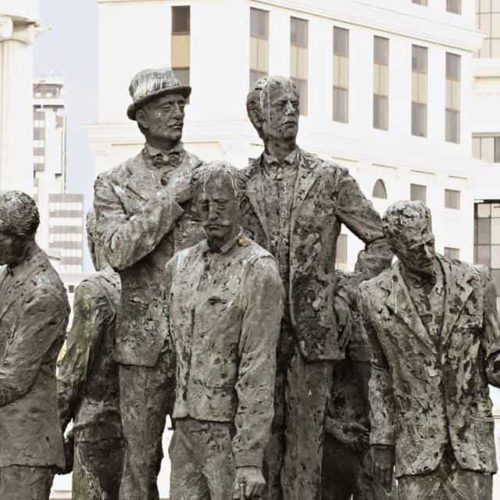
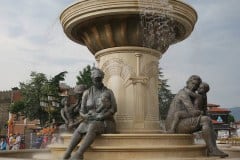
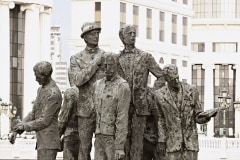
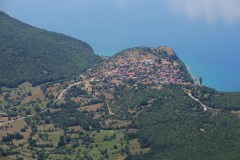
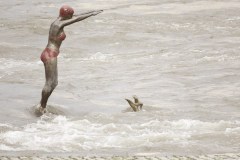
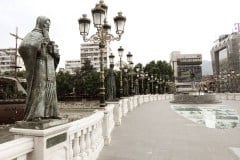
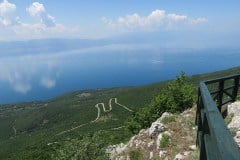
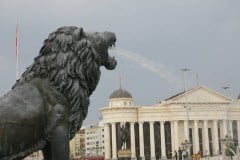
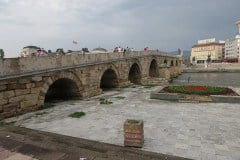
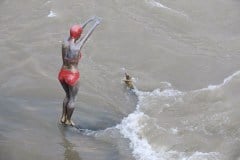
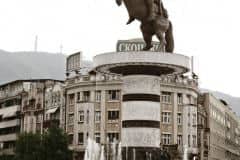
Comments are closed.